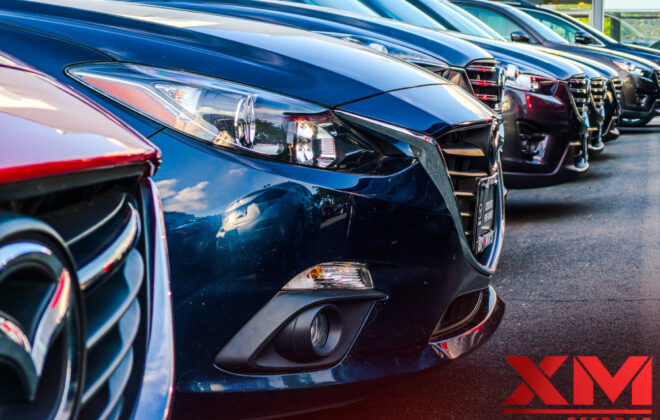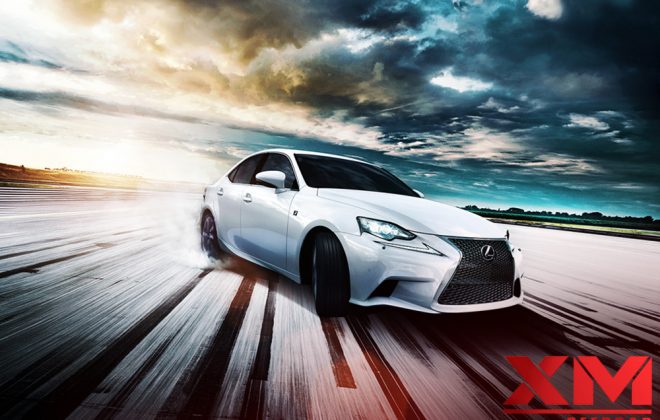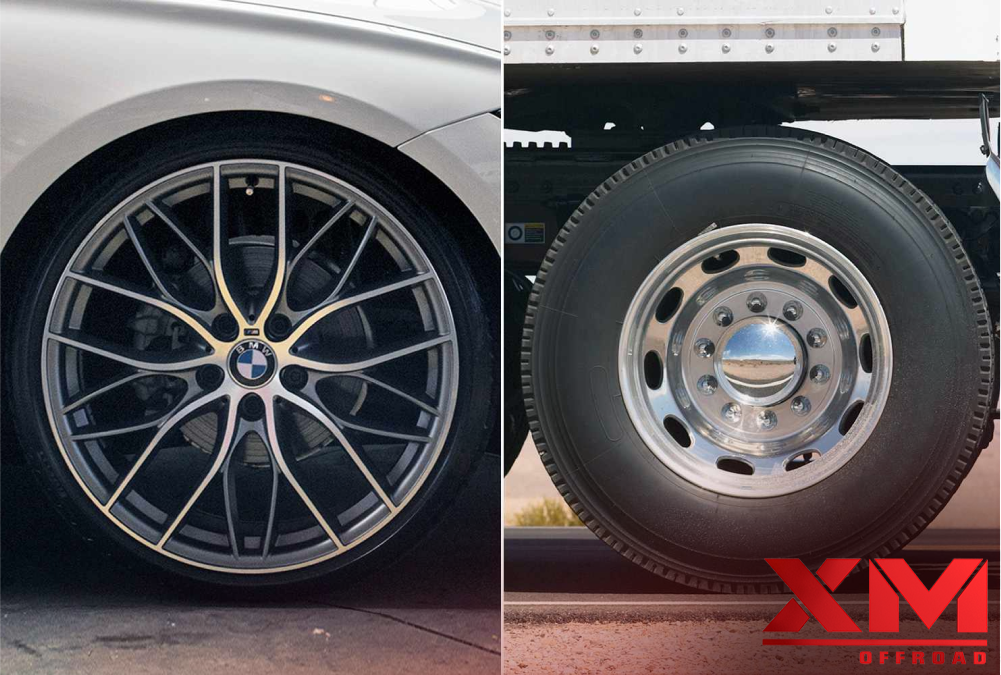
Comparing Alloy Wheels and Steel Wheels: Evaluating the Advantages and Disadvantages
Most modern vehicles come fitted with alloy wheels that look premium and sporty. They also aid in superior handling. Alloys are lighter than steel, reducing the unsprung weight and enabling the suspension to follow the terrain and grip the road more effectively. They are also better heat conductors, dissipating the brake heat faster to prevent overheating.
-
Lighter Weight
The wheels interface between your car and the road, which significantly affects optimum vehicle performance. As such, the wheels should be made from a durable, long-lasting material that looks good. The wheels may be exposed to a wide range of harsh environments, so it is essential that they are sturdy and also have a high level of shock resistance.
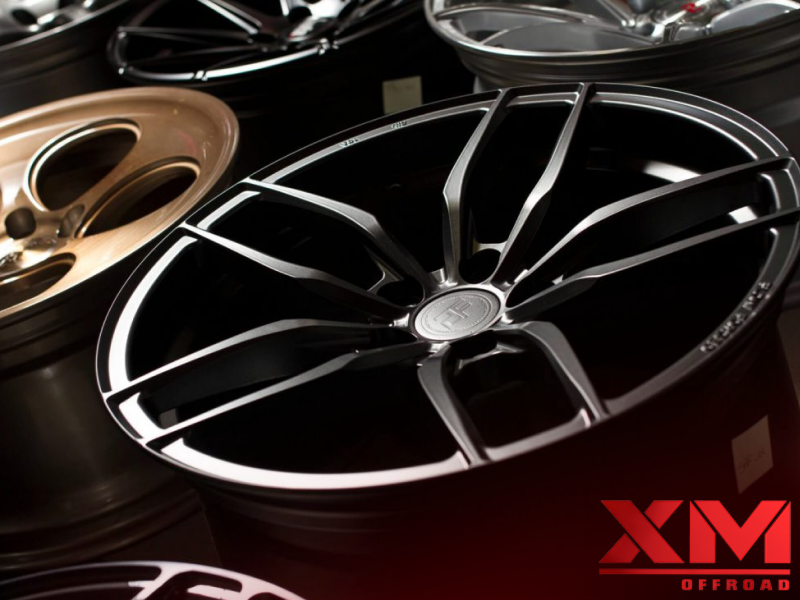
Alloy wheels are comparatively lighter in weight than steel rims. This weight reduction allows your car to accelerate and brake quicker, improves fuel economy, and aids tyre life due to better heat dissipation. The lighter alloy wheels also reduce the unsprung mass, meaning the suspension has to work less to control the vehicle. However, despite the many benefits of an alloy wheel, they are not without drawbacks.
In terms of durability, a steel wheel is still the best option. However, the main disadvantage of a steel wheel is its lower level of aesthetics, as it has a plain and simple look compared to an alloy rim. The steel wheels also tend to have a rough surface, making the driver uncomfortable.
-
Better Grip
Alloy wheels are a popular upgrade to a vehicle due to their aesthetics and handling benefits. These are usually available in a wide variety of colours and finishes. Alloy wheels also are lighter than steel, decreasing unsprung weight and improving acceleration, fuel efficiency and braking performance.
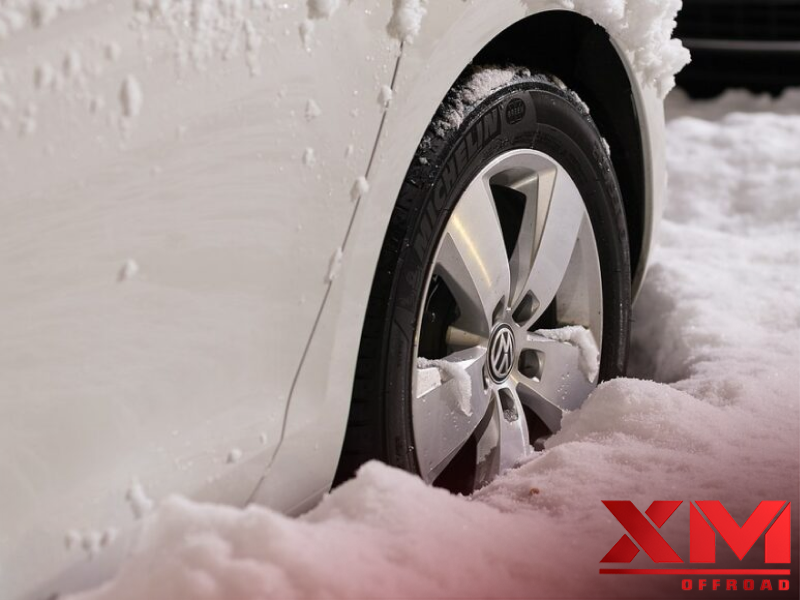
Additionally, if potholes or high curbs damage your wheels, they will likely scuff and scratch easily. If this happens, you must visit your local auto shop to repair them.
Steel rims can sometimes be difficult to repair due to their brittle nature. In some cases, they may even crack or fracture under pressure.
28 inch alloy rims, on the other hand, are much more durable and are resistant to rust. They can also dissipate heat better than steel rims, which can help keep the brakes from overheating. This is an important safety feature, as driving with hot brakes can sometimes lead to poor braking performance and even brake failure.
-
More Durable
A good set of alloy wheels makes a big difference to your car’s appearance and can also improve its desirability when it comes to selling. This combination also gives them better corrosion resistance, meaning they won’t rust as easily. The more robust construction also allows for a lower weight, which reduces the amount of unsprung mass in your vehicle, helping to improve the ride quality and accelerate performance.
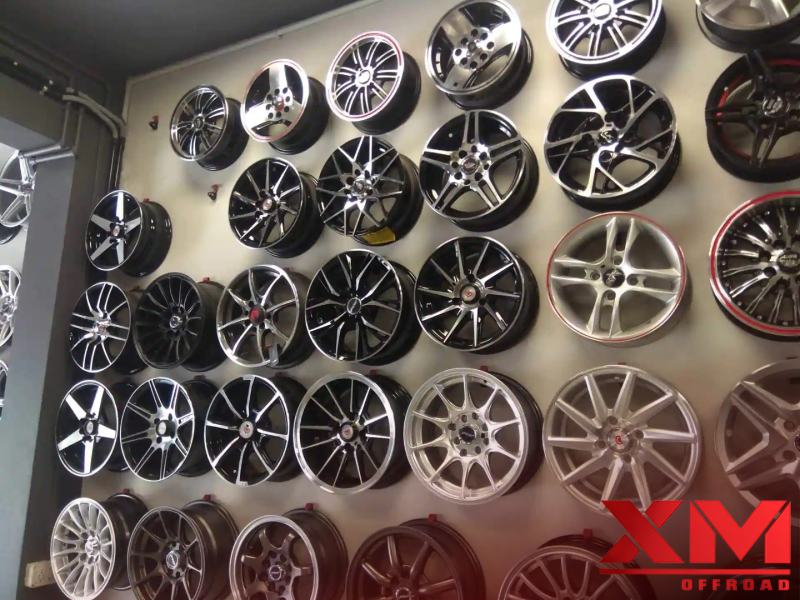
In order to get the best durability from your alloy wheels, investing in a decent set of tires is a good idea. Keeping your tires properly inflated will also help prevent the rims from damage caused by potholes, curb rash, and other road debris. You can contact Xtreme Mudder Wheels to buy one of the best wheels for your vehicle.
It’s important to remember that alloy wheels are more durable than steel wheels but are also more expensive. This is mainly because of their more complex manufacturing process. However, they can still cost less than steel if you’re on a budget. Steel wheels are generally cheaper due to their simple manufacturing process.
-
Lower Maintenance Costs
Alloy wheels are typically a luxury feature on high-end sports cars and vehicles but have trickled down to even many mid-range hatchbacks and sedans in recent years. This is because alloy wheels are shiny and sporty, adding a premium look to the car’s overall design.
They are also rust-resistant, making them much easier to keep clean than standard steel rims.
Additionally, alloys are much lighter than steel wheels, which can significantly improve a vehicle’s performance and handling. This is because the lighter rims will require less energy to turn and steer, which can help the vehicle’s fuel efficiency.
Moreover, the lightness of alloy wheels can also benefit your vehicle’s braking performance, as they will allow your brakes to disperse heat better than steel rims. This will prevent the occurrence of overheating, which can cause diminished brake performance or even failure in extreme conditions.
Finally, another significant advantage of alloy wheels is that they are typically cheaper to repair than standard steel rims.
-
More Affordable
An alloy wheel is forged from several different metals to improve its strength. They are often made from an aluminum/magnesium mix or even nickel and have the advantage of being lighter than steel wheels. This reduces unsprung weight, which aids handling, fuel economy, and performance. They also help to prolong tire life by dissipating heat more efficiently.
Alloy wheels are a popular upgrade for a wide range of cars because they enhance the vehicle’s appearance and make it more desirable. Alloy wheels are more expensive than steel rims and vulnerable to damage.
In addition to their aesthetics, alloy wheels provide other advantages, such as increased strength and durability, improved braking and acceleration, and reduced mass. They can be used with tubeless or tubed tires and are compatible with most rim sizes.
Conclusion
While many entry-level cars come equipped with steel wheels, premium variants usually have alloy rims fitted as standard. This is because alloy wheels are cheaper and can be molded into various shapes. They are also considerably lighter than steel rims, which improves handling and fuel efficiency. Moreover, they can be purchased much lower than carbon wheels. However, it is essential to note that alloy wheels are more susceptible to damage than steel rims and should be treated with care to ensure their longevity.
Read Also: 9 Critical Factors that You Should Consider When Choosing Wheels and Tires
FAQs
Q1) What are the advantages of alloy wheels over steel wheels?
Alloy wheels offer several advantages over steel wheels. Firstly, 20 inch alloy wheels are lighter in weight, which can improve a vehicle’s overall performance and handling. They reduce unsprung weight, improving acceleration, braking, and fuel efficiency. Secondly, alloy wheels are more aesthetically appealing and can enhance the visual appeal of a vehicle. They come in various designs and finishes, allowing for customization options. Additionally, alloy wheel are better at dissipating heat, which can prolong the life of the brakes and improve their performance.
Q2) What are the advantages of steel wheels over alloy wheels?
Steel wheels have their own set of advantages. Firstly, steel wheels are typically less expensive than alloy wheel. They are more affordable to manufacture and purchase, making them a popular choice for budget-conscious consumers. Steel wheels are also more durable and resistant to damage from rough road conditions. They can withstand impacts from potholes and curbs better than alloy wheel, reducing the likelihood of bending or cracking. Also, steel wheels are easier to repair and maintain, often requiring less costly fixes than alloy wheels.
Q1) Which type of wheel is better, alloy or steel?
The choice between alloy and steel wheels depends on individual preferences and specific requirements. If you prioritize performance, aesthetics, and customization options, alloy wheels might be the better choice. They are weightier, enhance vehicle handling, and come in various visually appealing designs. However, if cost, durability, and resistance to damage are more critical factors, steel wheels can be a suitable option. They are typically more affordable, more resistant to rough road conditions, and easier to repair. It’s essential to consider your priorities, budget, and driving conditions when deciding which wheel type is better for your needs.


